A Feminist Exploration of Local Governance in Madhesh Province.
It was the peak of winter, January. Shivering while pulling the sleeves of our sweaters to the palms of our hands, cracked lips where the crumbs from the biscuit we ate on the bus ride lay, we arrived outside the municipality—our curiosity bundled up about what to expect that week.
The second module of the Young Women’s Political Leadership Course (YWPLC) includes a field trip; an opportunity to step outside the valley to get a closer look and gain perspective on provincial and local governance. We took a field trip to the southeast of Nepal, Madhesh Province, a historical storybook of culture, community, and politics.
Somewhere along the lines of the Madhesh meadows, we went on an adventure to understand how local government functions for the people. The mainstream trends are so indebted to the central government’s actions that we need an intention or time to deeply understand what is happening in and for lives outside Kathmandu. We visited—Saptari, Dhanusha, Mahottari, and Sarlahi and each had their workings and challenges. Our objectives for this field trip were understanding how local leaders make decisions and learning about politics and how it fits into the bigger picture of Nepal. In addition to that, to have socio-cultural exposure, to collect and share stories.
SAPTARI: Unlearning and Understanding What It Means To Be A Women Leader
Our nervous and excited selves hopped on the bus, not knowing what to expect on the first day of the field visit. Resting our shoulders and looking outside the window with impatient eyes, villages passing by, we were eagerly waiting for our Program Lead to say: We have reached the Saptari.
“Bal Bibaha Mukta Chhetra”, a signboard on the chowk read as we spotted the Surunga Municipality Office right beside it. Trucks and tractors passed by when we were warmly greeted by a lovely municipality staff who guided us further inside the chowk road to the Mayor’s office building–separated from the municipality working building, we noticed. We saw Mayor Geeta Chaudhary on the nameplate leading to a big hall where we adjusted on the floor on the sofa wherever possible to watch her speak passionately about her work. One of our Fellows, Jayanti Atreya Sunar moderated the session where we touched upon the subject of child marriage and also referred back to the slogan that we saw on our way here.
Being the first elected women mayor of Saptari District, Mayor Chaudhary had big shoes to fill and her story was a realization of the significance of female leadership. When women are in leadership roles, women’s issues are more likely to be prioritized. For instance, the success of Surunga Municipality in making changes related to child marriage and focusing on issues of gender such as ‘chhori beema’ and ‘zero home delivery services’ can be attributed to the fact that there is a female mayor at the center of these changes. As Mayor Chaudhary has tackled these social issues, we can see that women can draw from the social obstacles of their own experiences and use that knowledge to law. Women in power also encourage other women to be involved in and support local communities and activities initiated by the local government. As the session concluded and we headed back, her words rang in our heads, raising both curiosity and concerns about what the situation of child marriage and women’s leadership be like in other parts of the country.
SARLAHI: Meeting With Ward Officials And Navigating Communication Barriers
Stumbling and crossing the winter breeze, we were far from all we had in store for this trip. Our visit to Sarlahi was a particularly moving chapter in our field trip. We sat in classrooms that were emptied for us. As we entered the school, the principal declared a winter break and when we arrived, we saw students beaming with joy and running around with excitement.
In a panel discussion with ward officials of Ward No. 5 Basbariya Municipality, one of our Fellows started by asking about how the municipality has been carrying out its role and responsibilities at the local level. Respected Ward Chair of Dhangada, Women Ward member, and Dalit Women Ward member seated on one side, while one of our Fellows, Kriti Subedi, moderated the session from the other asking questions in Devanagari. After a moment of silence in the room, our Fellow Janaki Panjiyar understood, voluntarily stood up, and as it was her mother tongue, started translating the questions back and forth in Maithili to bridge the barrier. Listening to their answer, despite the language difference, the essence of their message was clear as day, resonating deeply with us.
It is fascinating how we can speak hundreds of languages, but our shared humanity and intuition give it away. Even though we use different words, our core desire to make a difference connects us across all languages. The core of their words was heard beyond the translations.
These discussions not only highlighted the challenges faced by women in leadership but drew attention to the importance of the quota system and where and why it is needed. If it were not for this system, we would not see these women in the position that they are in today. We were able to observe the difference in priorities of leaders in cahoot with their identities, comparing our past understandings and listening to Mayor Geeta’s experiences. We noticed how the female ward members were hesitant at first but opened up about their challenges when we had one of our Fellows translate the questions into Maithili. We should, however, be making peace knowing that these women are here standing before us, in a position of power.
Living in a society where the homemaker’s duties and labor are often undervalued and unpaid, they expressed their struggle of not having the mobility to cater to dual roles that they were demanded of. Success as a political leader starts at home, and the restlessness of these women during the discussion was a sign of their other duties calling. We left with an awareness of the potential women leaders hold but have been deprived of due to the patriarchal system.
After the session, we grabbed our notebooks and stepped out of the school gates where local women on and about their daily chores turned to smile at us. One of our learning models of the trip was ‘Community Interaction’, where we stepped into the local neighborhoods and had direct conversations with women. We divided ourselves into two groups and had one fellow in each to converse in Maithili to bridge the language barriers.
Walking through the communities while the women of Basbariya went about their daily chores, engaging in conversations, and participating in panel discussions exposed us to the daily struggles that might need attention from the local government that would ease the community. The conversation ranged from ward favoritism to caste hierarchy to migration of their husbands and the future of their children. While the ward members mentioned they have given their best for community involvement, we heard different realities from the community. We saw distinct differences in the voices of common people compared to people in power. From family decisions to opinions on their local government, they stated how it was hard to be involved in decision-making and accessing power and resources.
Hiding behind her older sister, a little girl was shyly smiling at us. Smiling back, I asked, “Baini kon class me padhai chi?”, ‘what grade do you study in?’. As she ran back inside her house, her sister faintly shared how she was married as a kid. Now they are waiting until she is 13 to send her to in-laws. She can’t, doesn’t go to school anymore–
Development happens at the heart of the empowerment of the community. An empowered community is where every individual can feel a sense of belonging. Our efforts must lift the community spirit and encourage each of us to contribute to it. The outcome of community interaction, especially was understanding that few empowered individuals in the community are not real development or progress. Real progress happens when each member of their community regardless of their gender, age, sex, and race can exercise the same rights, access, and privileges.
Moderating Sessions for Young Girls
With piles of chart papers and notes in our hands, we entered the classroom with excited giggles from the students. The first session was on ‘Understanding local leadership.’ From our initial interaction, their knowledge of local government, wards, and rural municipalities and their doings and wrongdoings were apparent. We asked the participants, who were primarily young women whose ages ranged from adolescence to young adults in their early twenties, most of them married, to imagine what they would do if they got elected as mayor. “We want to work for the betterment of the women in our community, but the community doesn’t let us move forward,” one of the students stated during the sharing segment of the session.
The subsequent session was on Child Marriage and as we entered the class we saw students seated with their heads wrapped neatly with a shawl, bright red sindoor placed on the beginning of parting line in the hair straight towards touching the forehead by a centimeter, and colorful potey dangling around the neck and churas filled their forearm. One of our activities was asking the students: “If they could make one law against child marriage, what would it be?”
Some girls raised their hands, and others poked each other to raise their hands, giggling. At the same time, the moderators waited for them to respond, eager to answer but still hesitant because of the fear of getting it wrong that’s ingrained in our educational system. One said she would change the legal age to get married to 40, or 50, while some responded by saying to ban the compulsion of marriage.
MAHOTTARI: Meeting The Ward Officials and Staff Set A Reminder On the Importance of Women In Politics
As the days progressed, we got to talk to the employees of one of the Municipalities of Mahottari. It now gave us a different perspective from the elected government officials–the employees. We witnessed major differences in the observation, experience sharing, and development targets between male and female employees. We met articulated women who spoke out when their male colleagues brought up an unsettling debate on any sensitive female issues.
Child marriage, again, was the agenda our questions revolved around, moderated by another of our Fellows, Anita Pant. There were a handful of progresses happening in the municipality, one of the municipality staff claimed. Previously, it was difficult for young married girls to apply for citizenship. Now, they had found an uncommon way to make the process possible–in other words, indirectly making it possible the chances of more people to opt for child marriage, in the return benefit of a quick citizenship process. The age limit for child marriage, for them, only acted as a gateway to citizenship. Now that they could maneuver with ages for citizenship–there were no repercussions of child marriage anymore, it only made it more convenient. After meeting young married girls the day prior, and hearing what the officials had to share, the stark contrast between the two realities–the social issue and the government body responsible for addressing the social issue–we were left puzzled.
The men in power inevitably decide for women in that area, and them, on the other hand, casually stating that a woman can reproduce at 14, was alarming, almost. We communicated solely in binary terms, which highlighted the absence of discussion around diverse gender identities. There was also a claim stating that people feared that if their daughters weren’t married early on, they would rebel when they came of age.
The women representatives of the municipality as well as women members and Dalit Women members of various wards of the municipality, who had also joined us, disagreed, stating that it was about time we find solutions to eliminate child marriage rather than working around it to make it feasible. They laid their arguments in front of reproductive rights and lack of maturity in a girl under the age of 20. Issues such as the unavailability of enough birthing centers, the prevalence of home delivery culture, and the unaffordability of emergency health care for the women in the area were also highlighted.
And, the circle continues as this decision-making power extends even outside the municipality. We left yet again it reminded us how women in politics are extremely important and their representatives will have significant impacts on laws and regulations related to our bodily rights.
DHANUSHA: Loitering Around Janaki Mandir In Conversation With Women Leaders
On the final day, we met several present and former leaders of the province in a session set at the heart of Madhesh, Dhanusha. The vibrant Janakpur was all bright and lit up with the local bustles and the scorching heat. We formed groups and scattered around the market area, mixing in with the crowd and asking questions. Watching us asking and taking notes to anyone we encountered, some youths stopped us and explained some of the major problems the city was facing about the increasing heat and the limited facilities for the locals to cope with it, and each time we listened to them compare the progress of Nepal to that of India. As our fellows reassembled and shared our experiences interacting, we also prepared questions to ask on a panel discussion planned for later that day.
We then prepared for the panel discussion session. Many former women leaders, women journalists, government employees, social workers, as well as students took turns to enter the room and sat on the chair. Our fellows surrounded them with curiosity and asked about their experiences as well as the status of Janakpur city.
We also had the opportunity to meet women in media working to make a change through media awareness in the province. Many young students also joined us in the panel discussion and it was wonderful interacting with them and exchanging each other’s aspirations in life and careers. One of our fellows moderated the session and started by asking: “Is the media accountable and unbiased for the event happening in Madhes Pradesh?” “How has the role of the provincial government changed your outlook on politics?” She emphasized the importance of women’s media for fair representation and circulation of information.
After the panel discussion, we had time to spend around Janaki Mandir. During the night, Janaki mandir is a place to be at. The lights: blue, pink, yellow, and red accentuated the pinnacle of the temples, with people around posing, twirling, and making sure they got the light that surrounded the temple. Running around the temple was fun, but, to add cherry on top, we finished the day with a hearty thali set and ended the meal with a sweet lassi at Chef Santosh’s: Mithila Thali.
The past few days of intense learning and exchanging, it was a day for us to be relaxed and have time for ourselves.
Our Learnings and Unlearnings
As we were trying to retrospect on the learning and unlearning from the field trip, we were taken back to the Political Institute module of our program where Mr. Hari Sharma was our guest speaker. He talked about understanding political ideologies and how our thinking and perspective eventually shape our inclination toward politics. During the interactive session, I asked him a question: “How to view the world from a better perspective/ lens, and how to develop critical thinking skills? He answered “Traveling, engagement, interaction, conversation, language, and appreciating differences.”
Now that we, as a team, traveled to Madhesh Pradesh, the dots connect. We were bound to think and understand outside the box. Our everyday schedule covered the elements of critical thinking and getting exposure. Living and being part of the central government, it’s only natural to think from that point of view. However, this trip was an opportunity to gain perspective from a provincial and local point of view, especially given the political history of Madesh and its importance and influence in the current political climate.
Our major unlearning from this field trip was to set aside our personal biases. I remember, this vividly when on the last day of our session, we had one of the speakers discuss the age limit for child marriage, where she mentioned it should be 18 but not 20 which is the law. My judgments clouded my mind, especially coming from a woman in power, we were subtly disappointed. She gave her reason for her statement saying the social and cultural climate of the place they live in makes it extremely difficult to implement such rules. “Maybe when we hit the target of 18, we could eventually increase it to 20. It becomes redundant when lawmakers do not acknowledge the values and sentiments of people outside their cultural sphere.” Here, I was fighting to be judgemental in my head, however, understanding that our state of thought isn’t always the standard was a major unlearning on this trip. Also, learning to look linearly but rather from multiple dimensions.
Every day, we faced new realities that pushed us to think more critically about the place and space that we took. It increased our sense of awareness and knowledge which is one of the positive outcomes from this field trip. In the end, our days weren’t just about the places we visited, it was about the people we met and the lessons that will shape the aims and goals of the social change we all dream of.
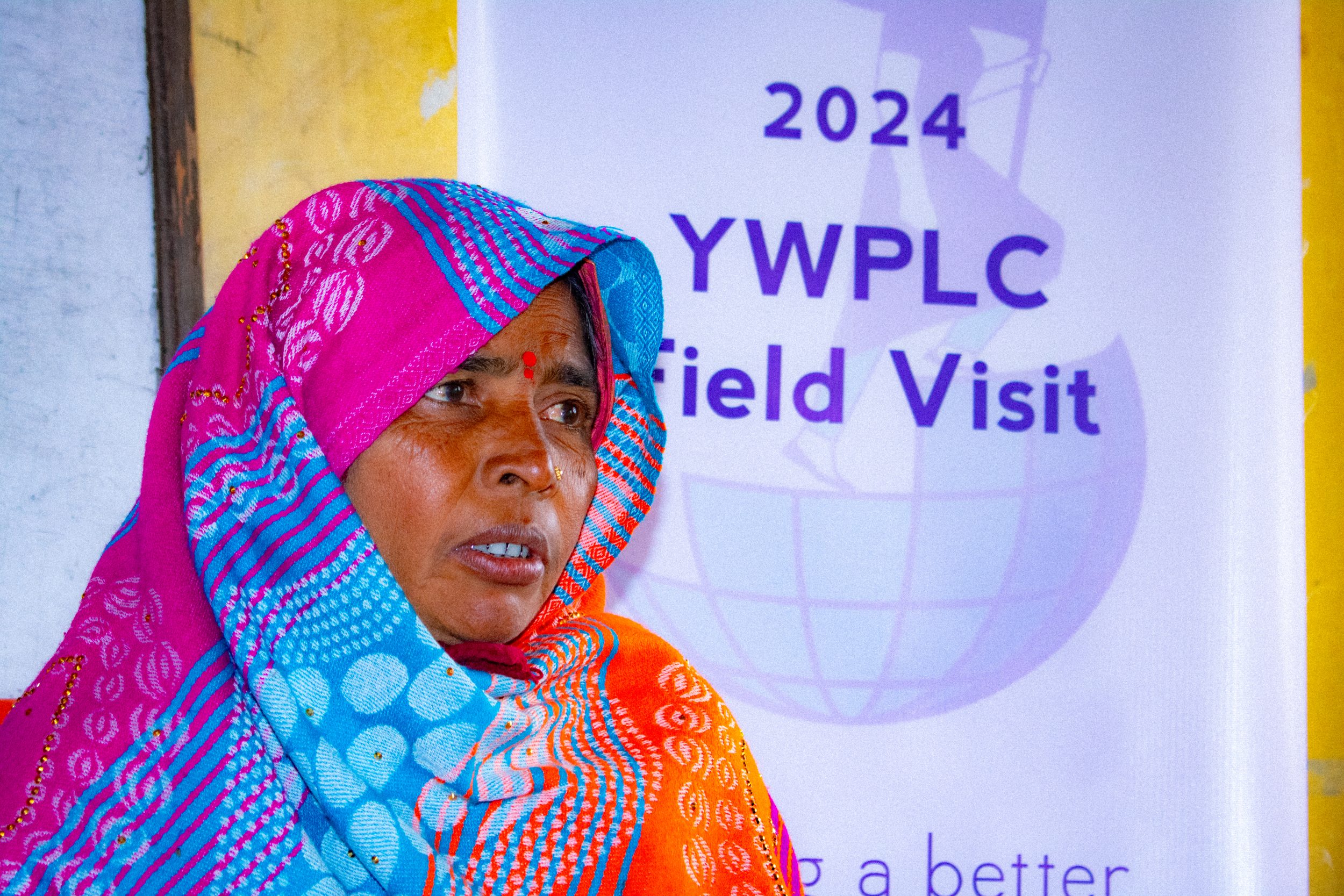
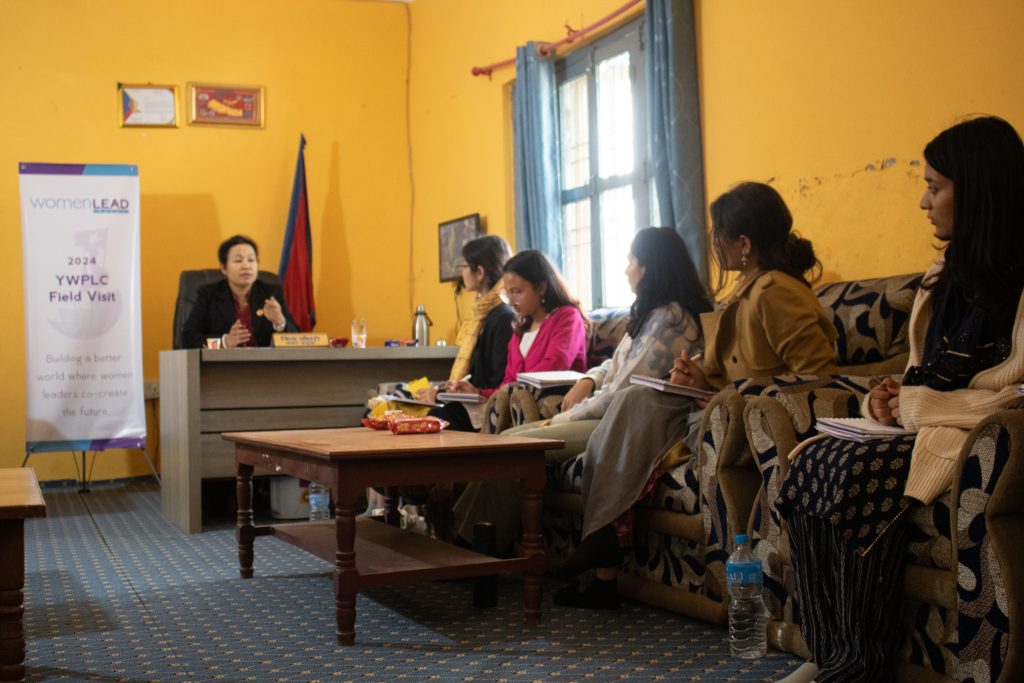
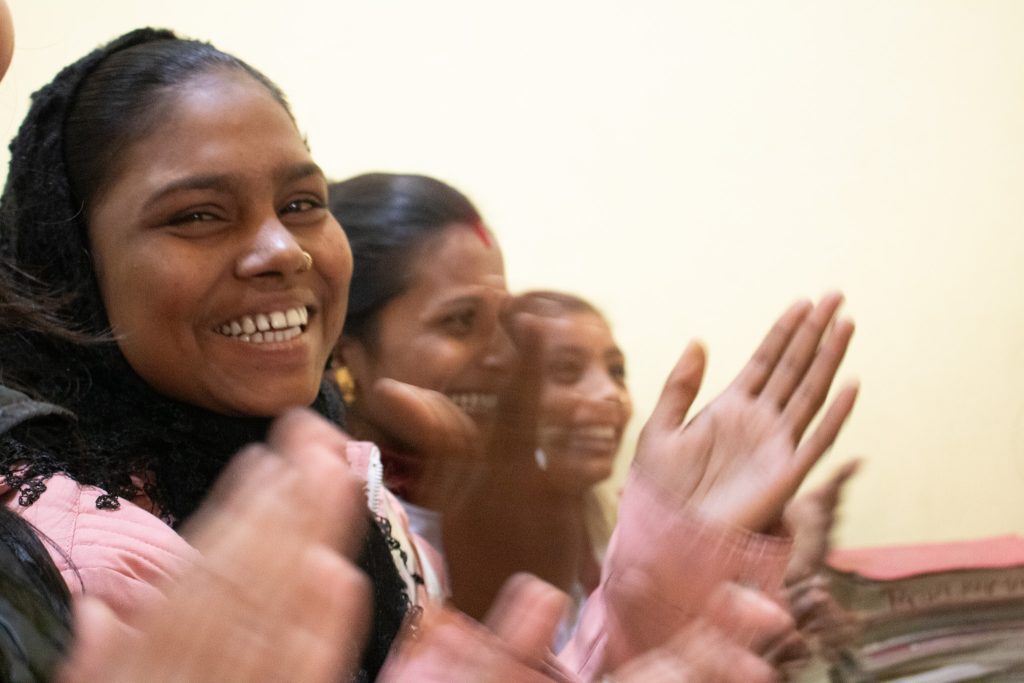
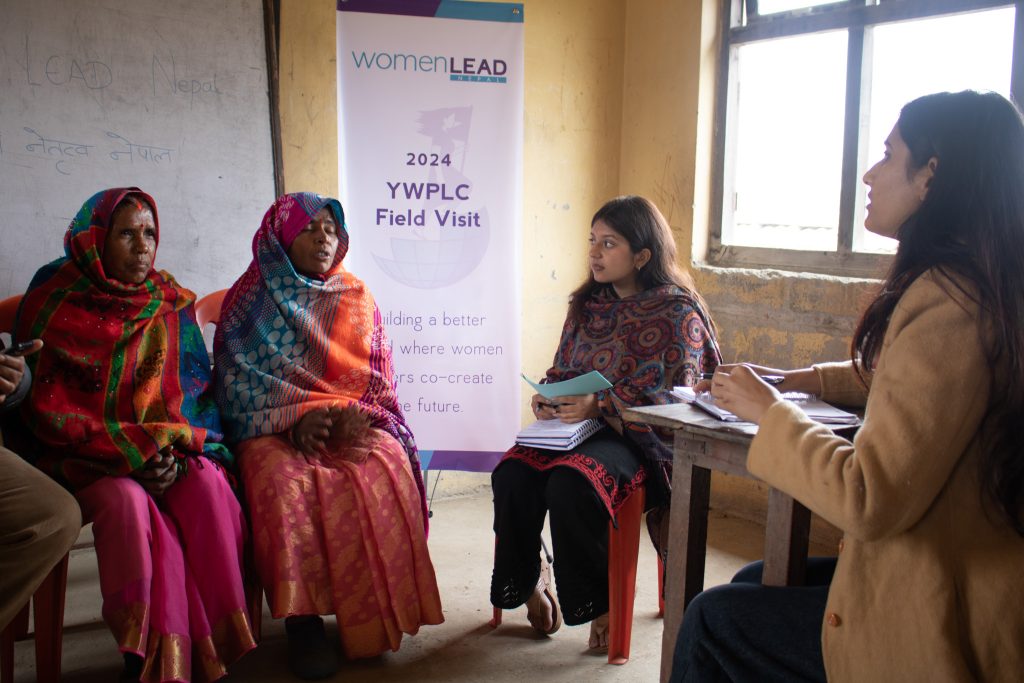
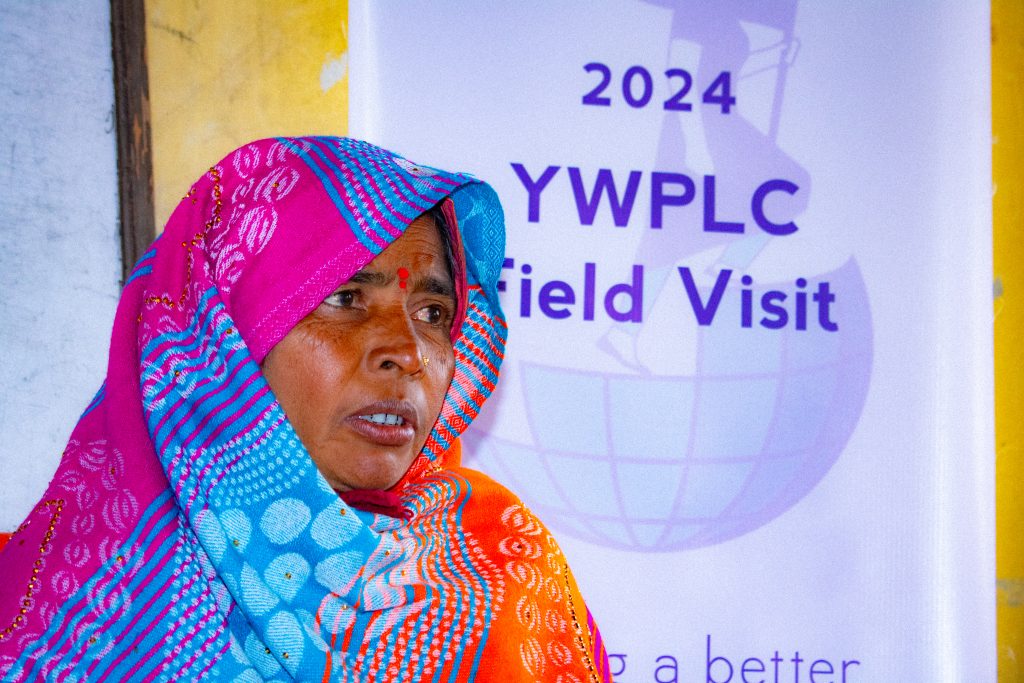
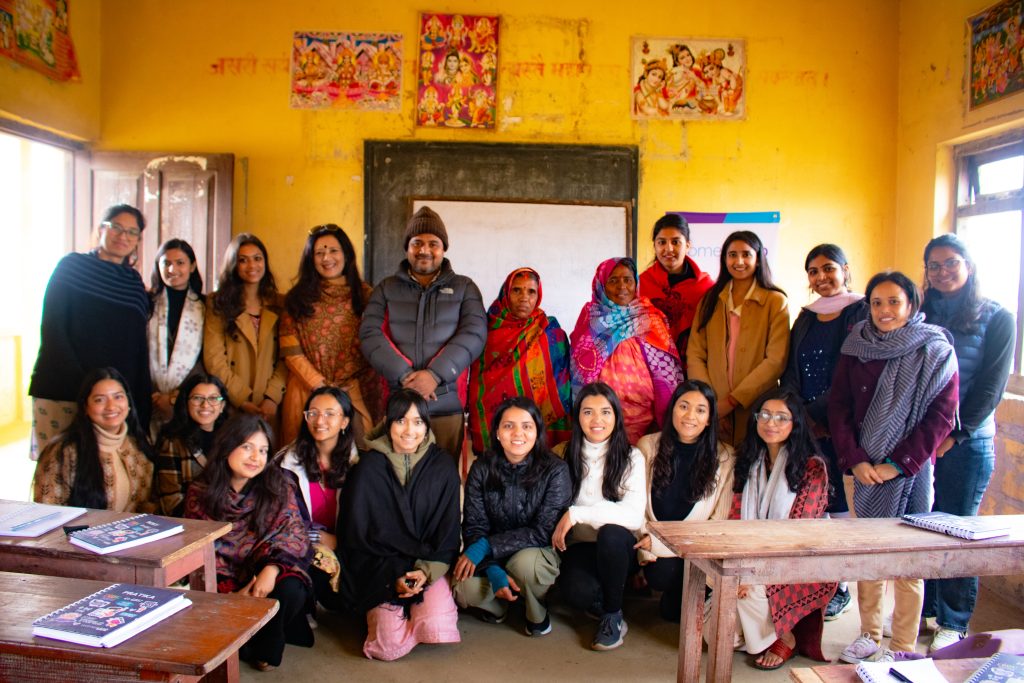
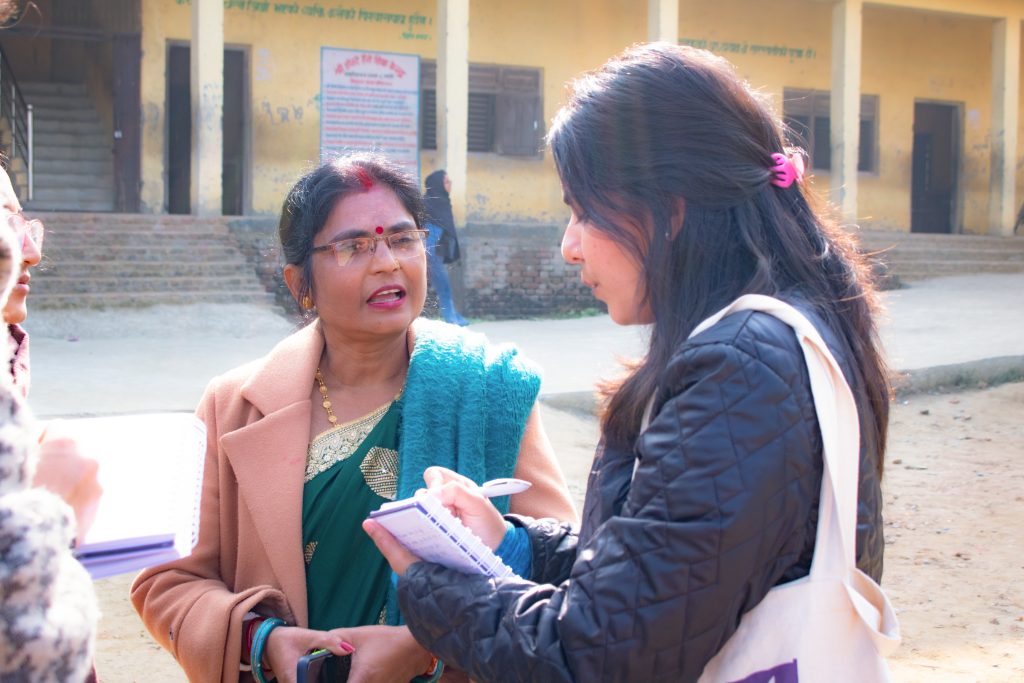
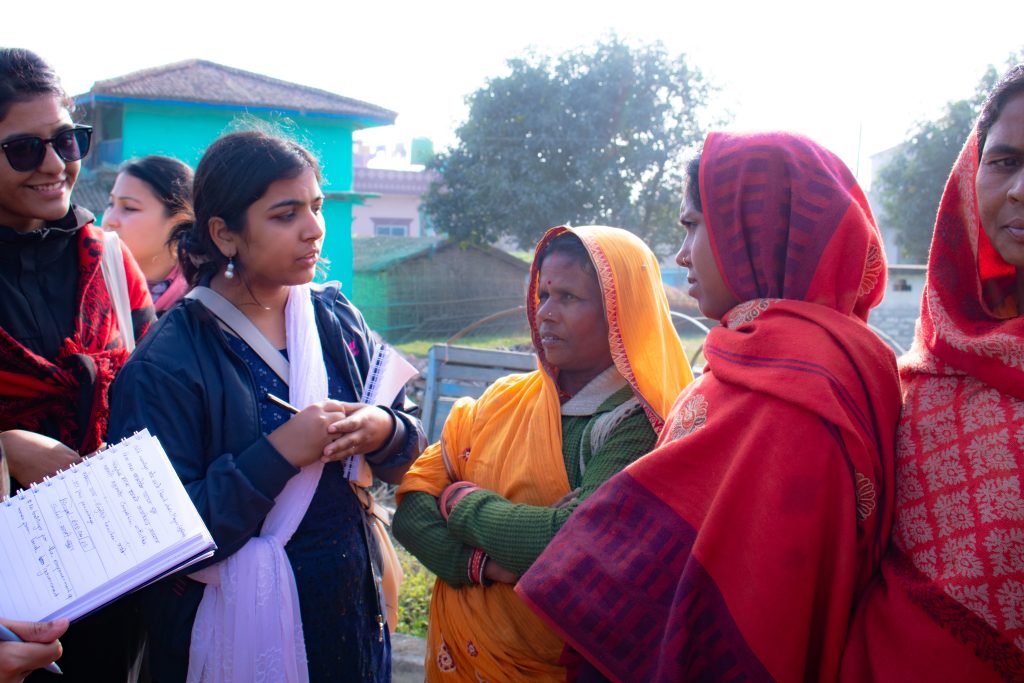
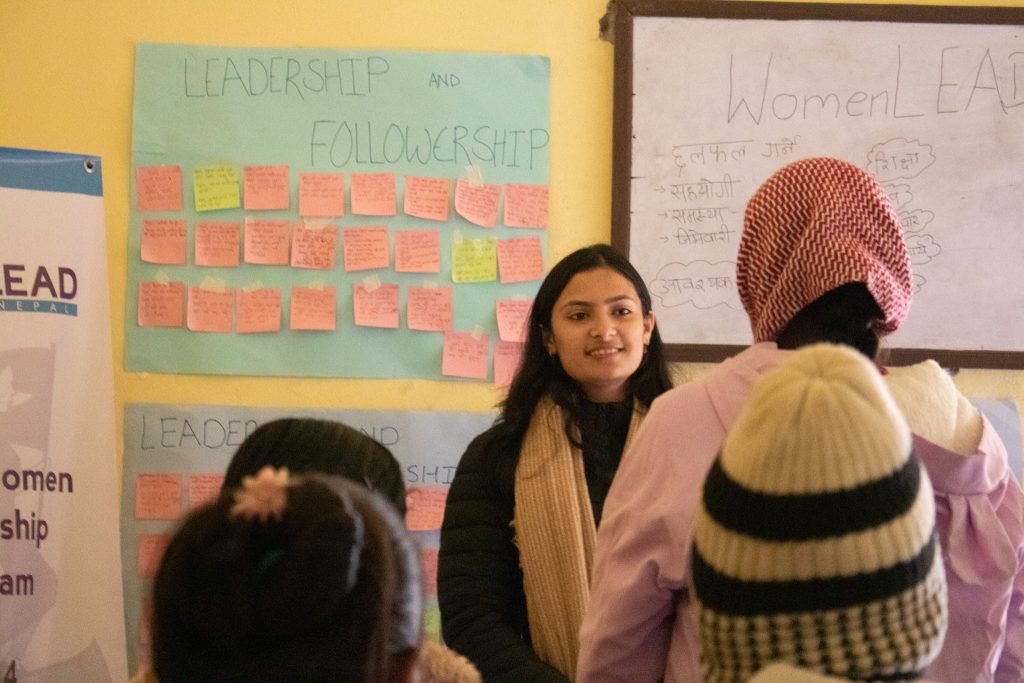
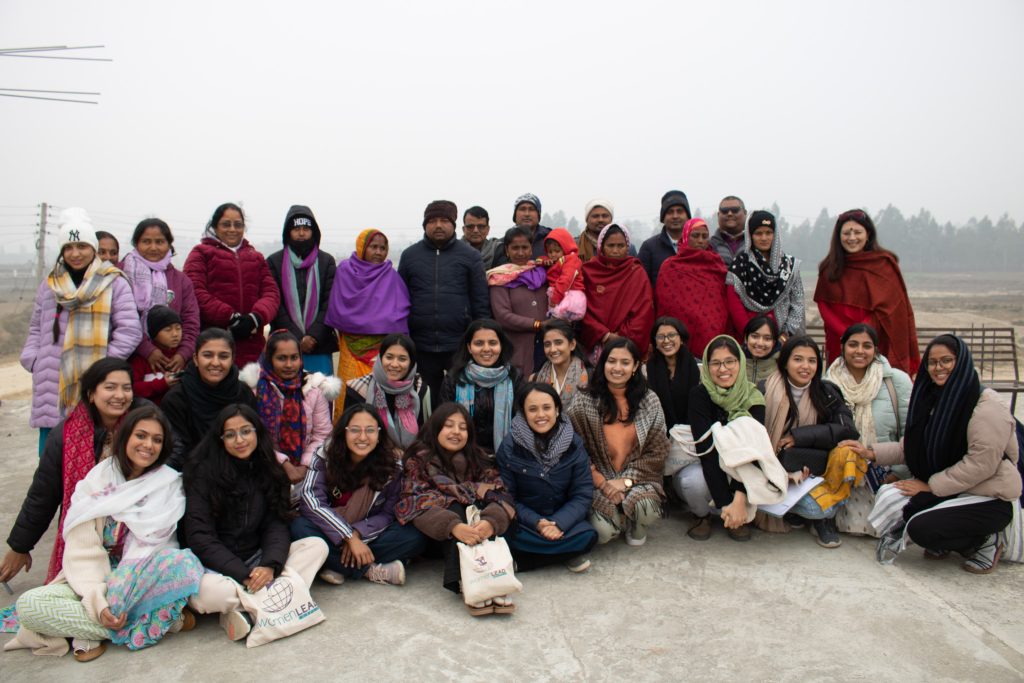
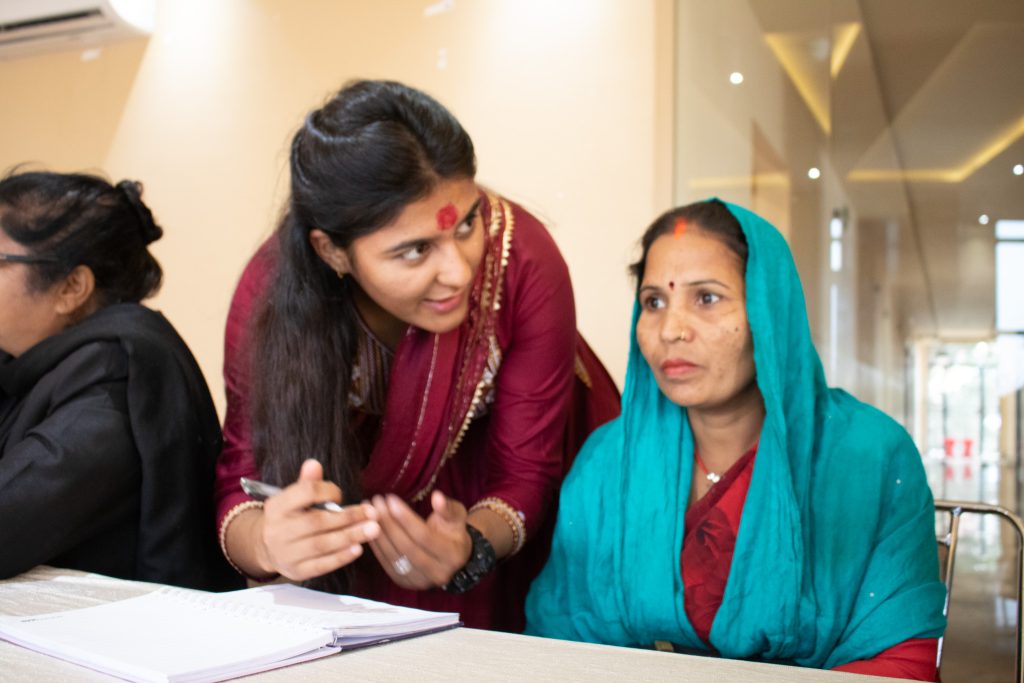
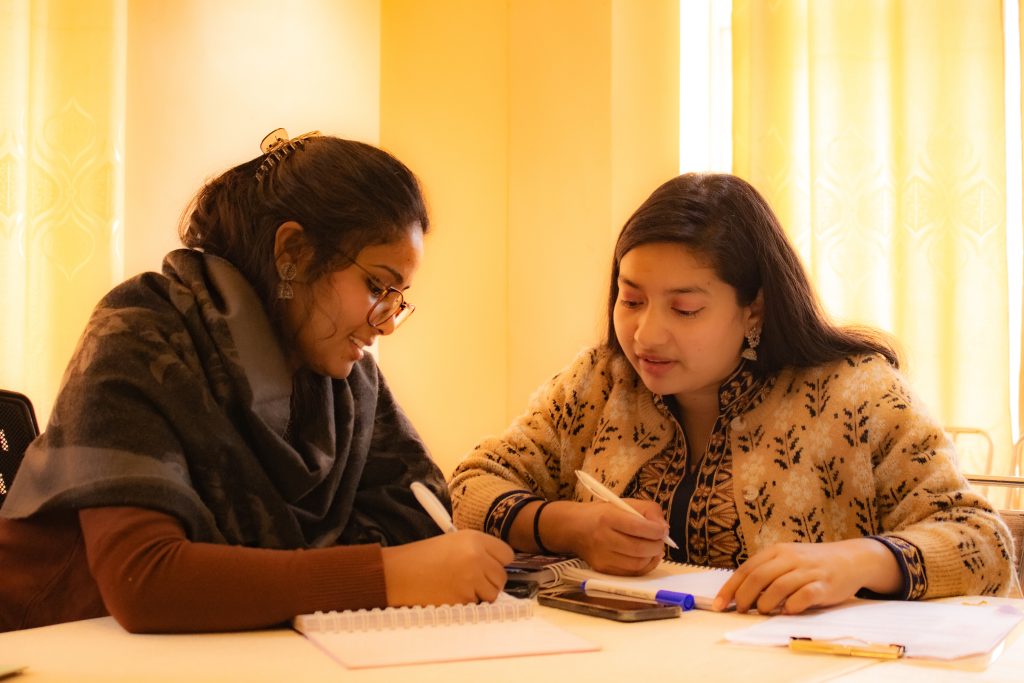
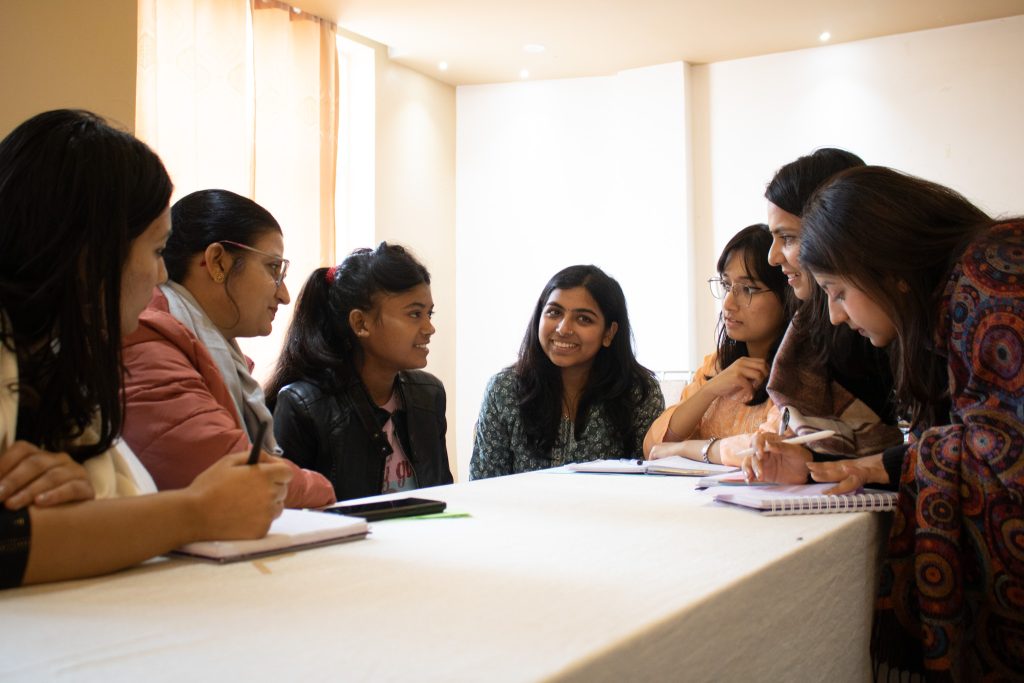
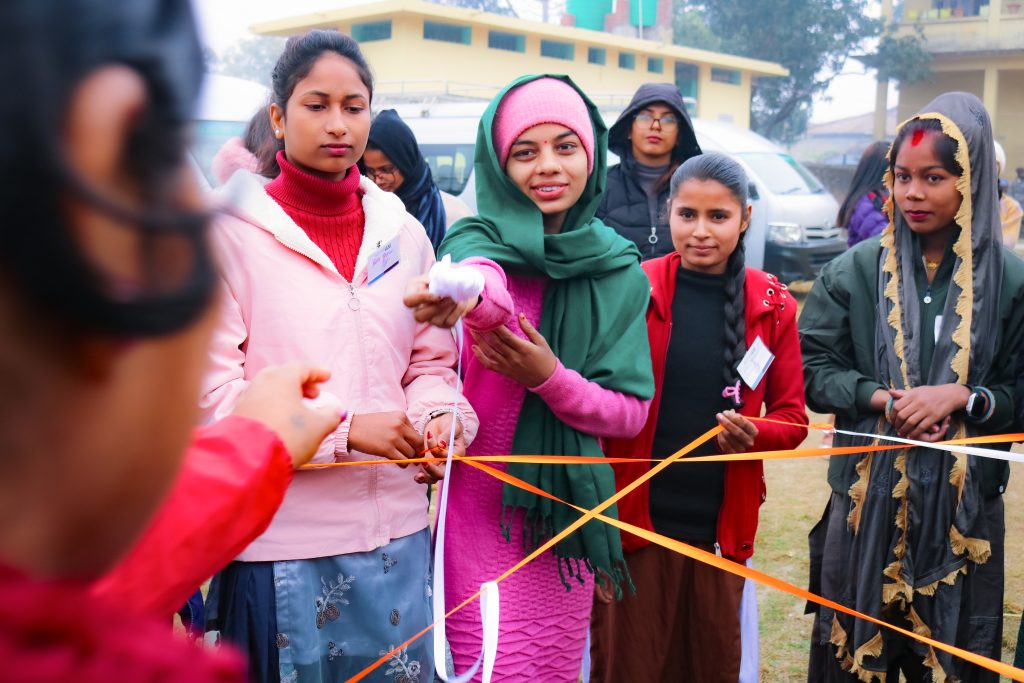
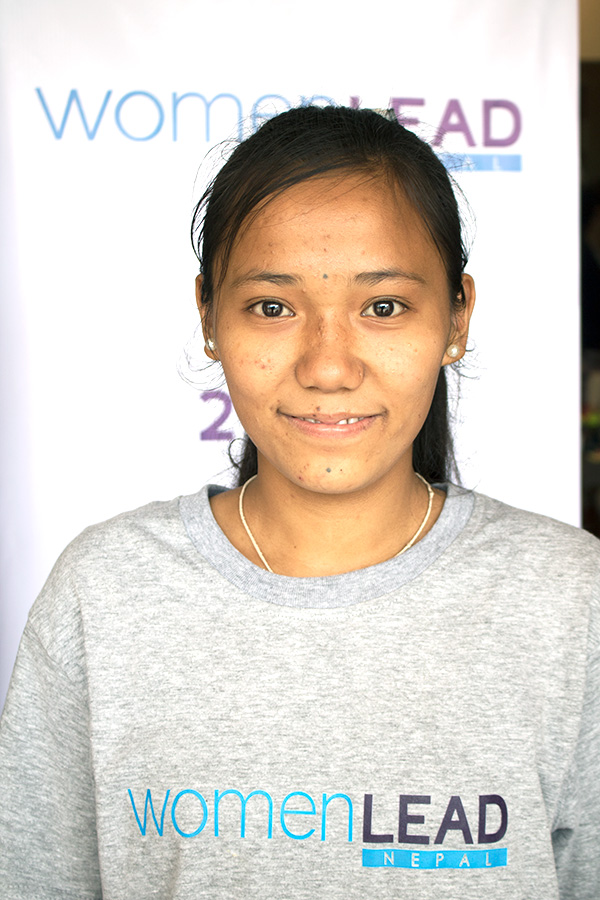
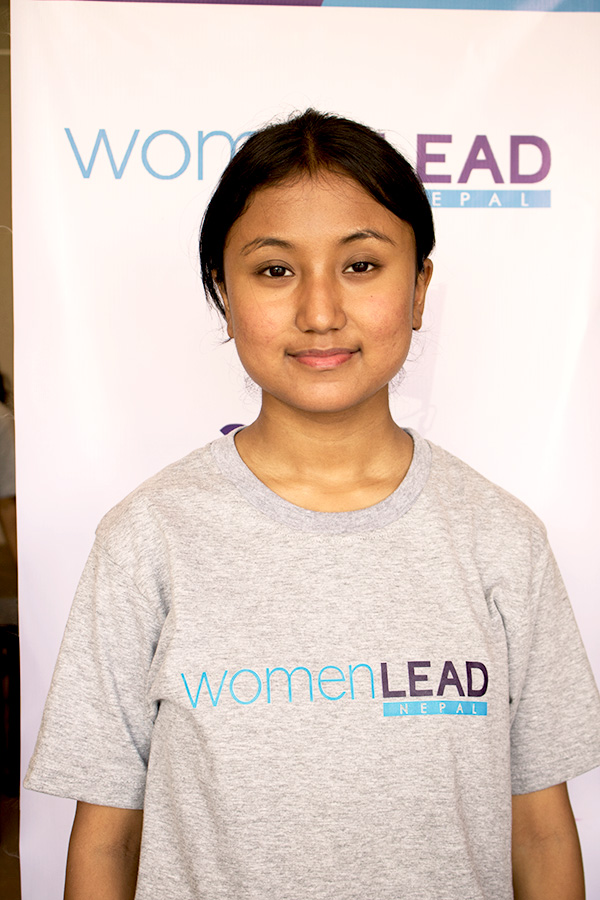
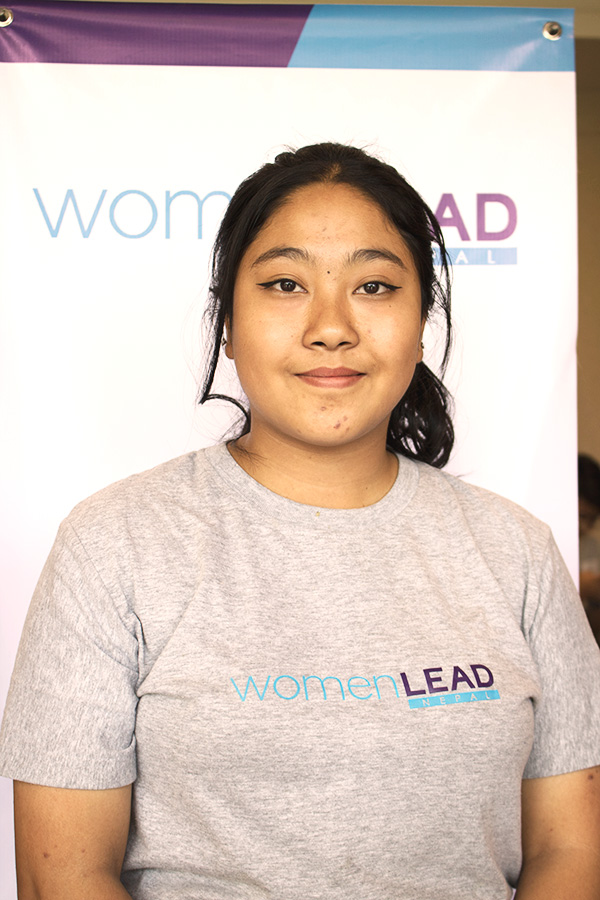
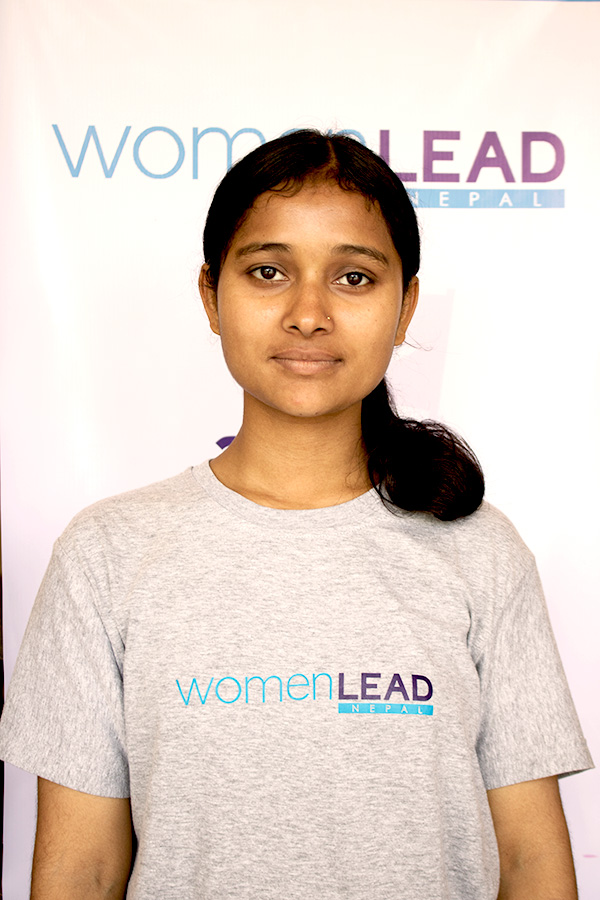

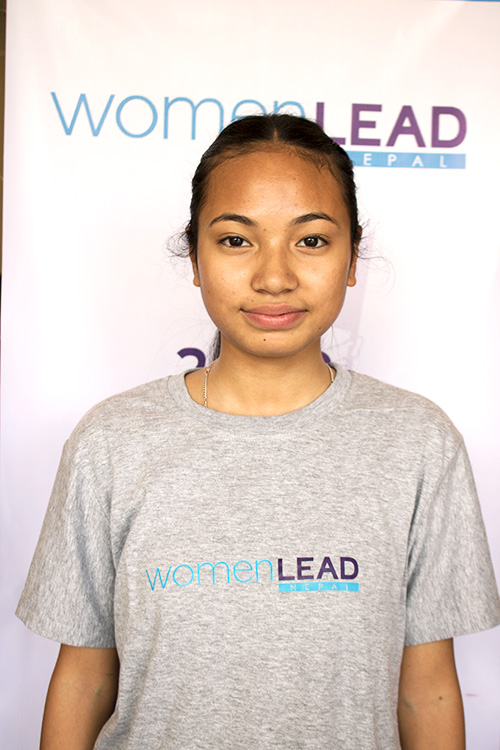
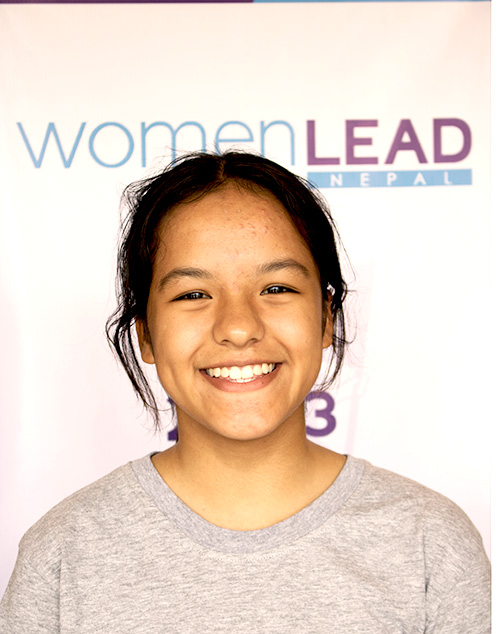
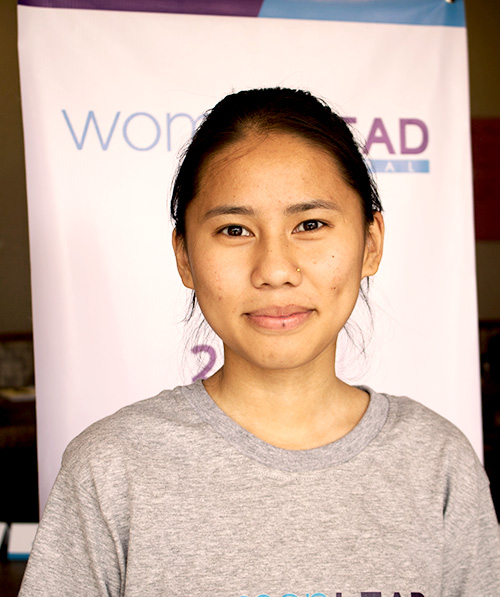
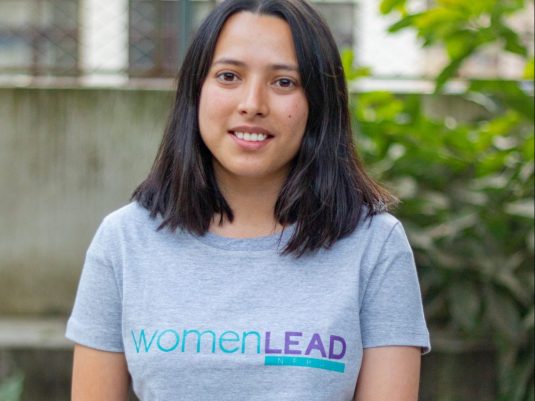
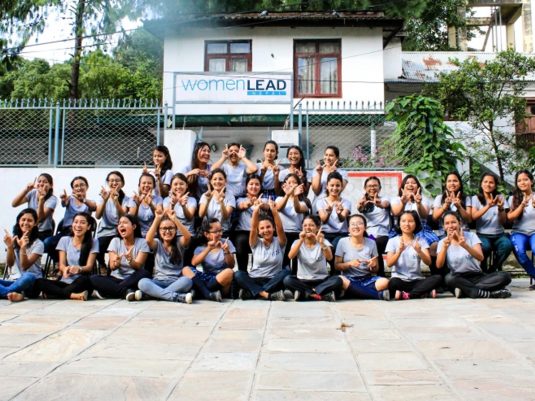
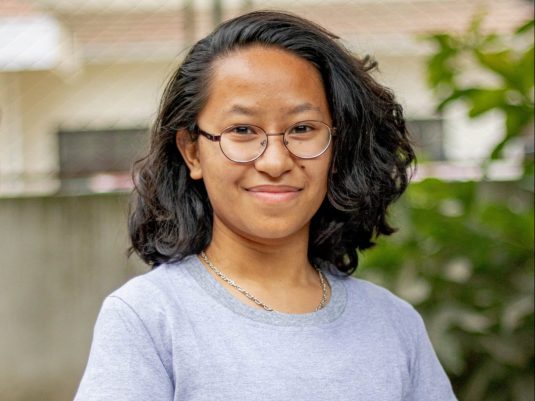
Celebrating, recognizing, and supporting girls’ leadership has a positive social impact. It helps to change the societal perception that girls are equally capable and competent in leadership positions. It also helps in promoting gender equality, which gives a message that leadership qualities are not only to a particular gender.
Srija Dhaulakoti